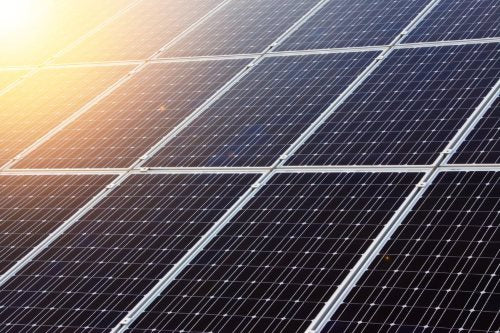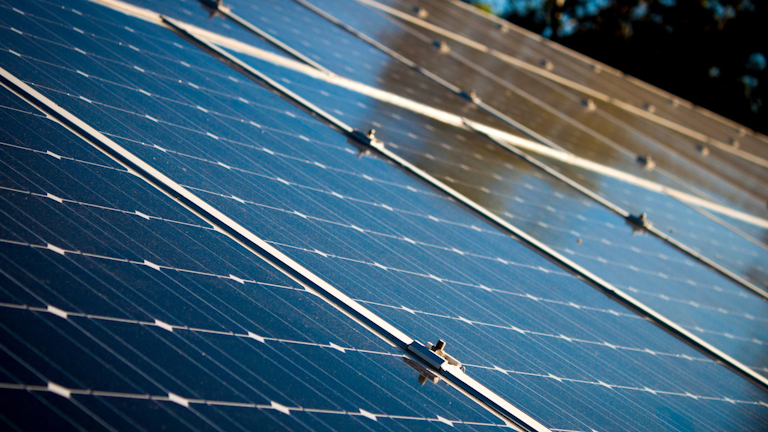Do Solar Panels With Violet Light Produce More Electricity

A light dusting of snow will get blown away but after about an inch of snow accumulates on the panels electricity production is stopped completely.
Do solar panels with violet light produce more electricity. It snows a lot and snow can cover my entire system for a week or more. The research group led by associate professor saki sonoda hopes that this will lead to a more efficient pv cell that can be single junction rather than the more conventional multi junction. Solar panels absorb the sun s heat and generate energy. Here s what that looks like.
Thus the output for each solar panel in your array would. How much energy does a solar panel produce. The exact amount will vary depending on the density of the clouds and may also vary by. How much electricity do solar panels generate in winter.
The short answer is yes artificial light can power a solar panel. Yes just not quite as well on a cloudy day typical solar panels can produce 10 25 of their rated capacity. Fortunately sunpower solar panels with a record breaking efficiency of more than 22 percent highest efficiency panels commercially available 1 use cells with a unique one of a kind design that capture a broader range of the sun s light including red and blue wavelengths. But solar panels only use a small portion of ultraviolet.
This flow travels in a circuit of wires that connect groups of solar panels called arrays. Solar panels generate the most electricity on clear days with abundant sunshine not surprisingly. Depending on the wattage the number of bulbs and distance the solar panel is from the light source will determine how strong a charge the solar panel receives and how much wattage the solar panel will then be able to produce for powering other objects. Why uv panels are a con job.
5 hours x 290 watts an example wattage of a premium solar panel 1 450 watts hours or roughly 1 5 kilowatt hours kwh. But do solar panels work in cloudy weather. Yes you can use uv to power a solar cell given you ve selected the proper materials as mentioned by other commenters. For the sake of example if you are getting 5 hours of direct sunlight per day in a sunny state like california you can calculate your solar panel output this way.
The main difference is that you can get a higher voltage out of a system tuned for uv light over visible light. Solar panels contain cells of semiconductive material usually silicon usually encased in a metallic frame and tempered glass. When subject to sunlight photovoltaic cells create a flow of electric charge inside the solar panel due to the photoelectric effect.
















































